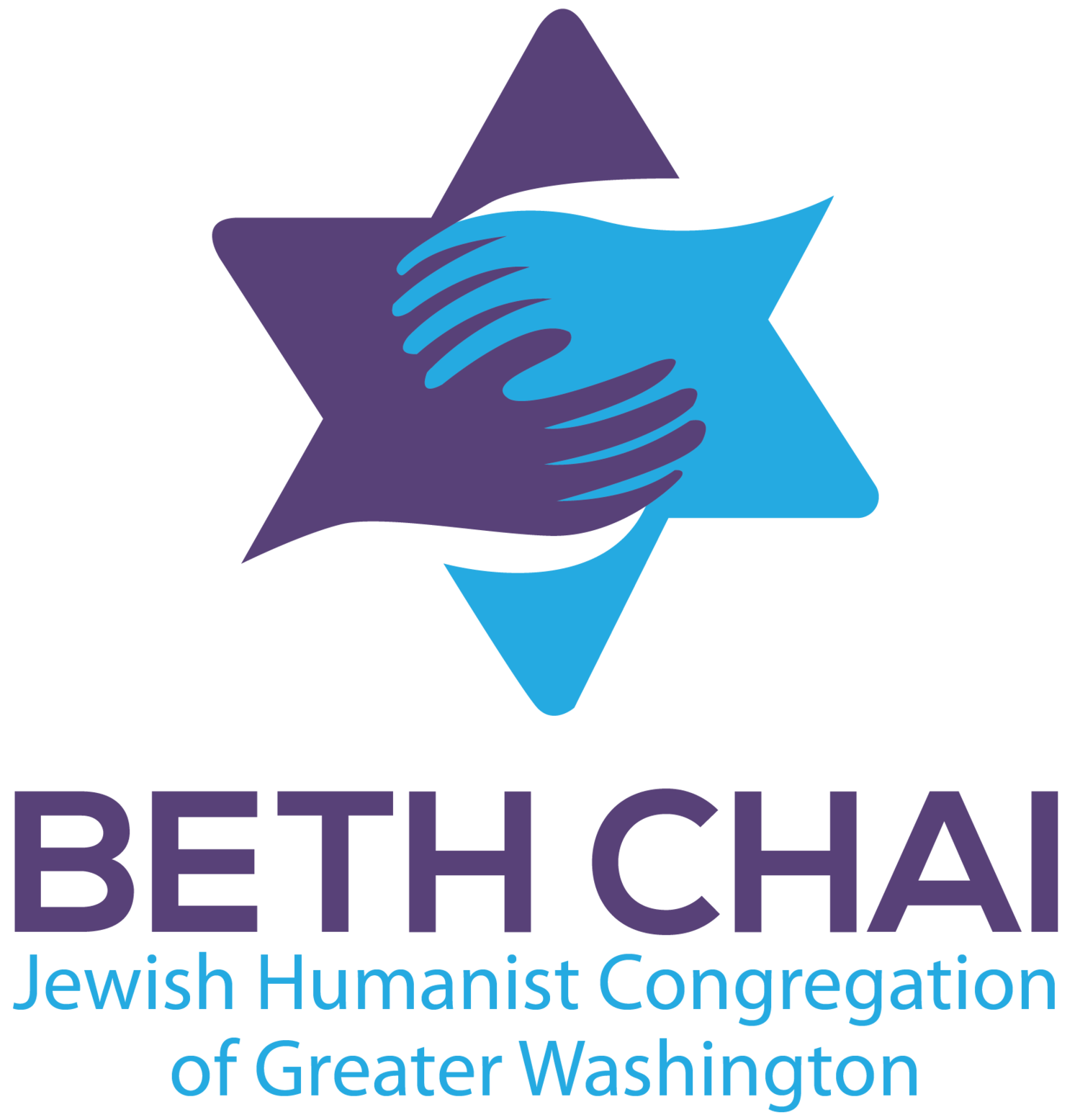Rituals for Today
A Time of Transition
Our beloved 13-year-old Collie, Indigo, died in early June. She had been our trusted companion for a good portion of our three children’s youth and teen years and was a central member of our family. Our home was so very quiet without her. But my family reached a happy milestone this weekend. We adopted a new puppy. Buster is a 4-month-old Sheltie and Labradoodle mix. Yes, he’s as sweet and cute as he sounds. (Picture above)
Both Indigo’s passing and Buster’s adoption are important moments in my family’s life, but there isn’t a traditional Jewish way to mark either. Certain life events are steeped in Jewish tradition. Many experiences, especially more modern ones, do not have specific rituals connected to them. And this lack of tradition or ritual can feel like an absence.
Rituals mark liminal moments in our lives and raise up what could be ordinary into something more meaningful and memorable. Ritual connects a moment to something larger and gives structure to our lives, which otherwise can feel chaotic. “The function of ritual, as I understand it, is to give form to human life,” writes Joseph Campbell, mythologist.
Jerry Garcia takes Joseph Campbell’s thought and takes it one step further: “Joe Campbell used to talk about this stuff.
There’s a need for a ritual and for real joy and real bliss. Real fun.”
So, ritual is important. But what can we do, then, when a personally important moment lacks a way to recognize it?
The Shechayanu
In Jewish tradition, the Shechayanu blessing is used to mark milestones and unique moments, everything from a child’s birth to the first night of Hannukah to eating a peach for the first time in summer. It connects a new moment to other new moments, thus elevating its significance and giving it context. Here is a Humanist version of the Shechayanu—Keep it close until the moment arises.
Let us bless the goodness which we have encountered in the world,
which has kept us alive and sustained us, and brought us to this moment.
N'-varekh et ha-tov asher pagash-nu ba-olam she-hekheya-nu v'-kiyy'ma-nu,
v'-higgi'a-nu la-z'man ha-zeh. Amen.
נְבָרֵךְ אֵת הַטּוֹב אֲשֶׁר פָּגַשְׁנוּ בָּעוֹלָם שֶׁהֶחֱיָנוּ וְקִיַּמְנוּ וְהִגִּיעָנוּ לַזְּמָן הַזֶּה אָמֵן
New Rituals
In recent years, there has been a treasure trove of new Jewish rituals created for new, unique moments. Or old ones that had never been formally acknowledged. The best source might be www.ritualwell.org—a site which allows people to upload prayers, poems, rituals and more. Much of the material is theistic but can be easily adapted.
Create Your Own
Rituals are all around us—just think of championship parades, college graduations, military inductions, and so much more. Often, families will create their own rituals. I’m sure your family has some; my family certainly does. So, if a moment comes your way that you want to mark, think what might be a meaningful way to do so. It could be elaborate or simple. Shared with others or just your own.
When Indigo died last month, my daughter and I planted a garden in our backyard-a spot that Indigo loved. Gardening was therapeutic and gave us a lasting remembrance. It let us dwell on the moment in a productive way and gave us a way to say that it mattered.
And for Buster? Perhaps writing this article is part of my ritual of welcome.
